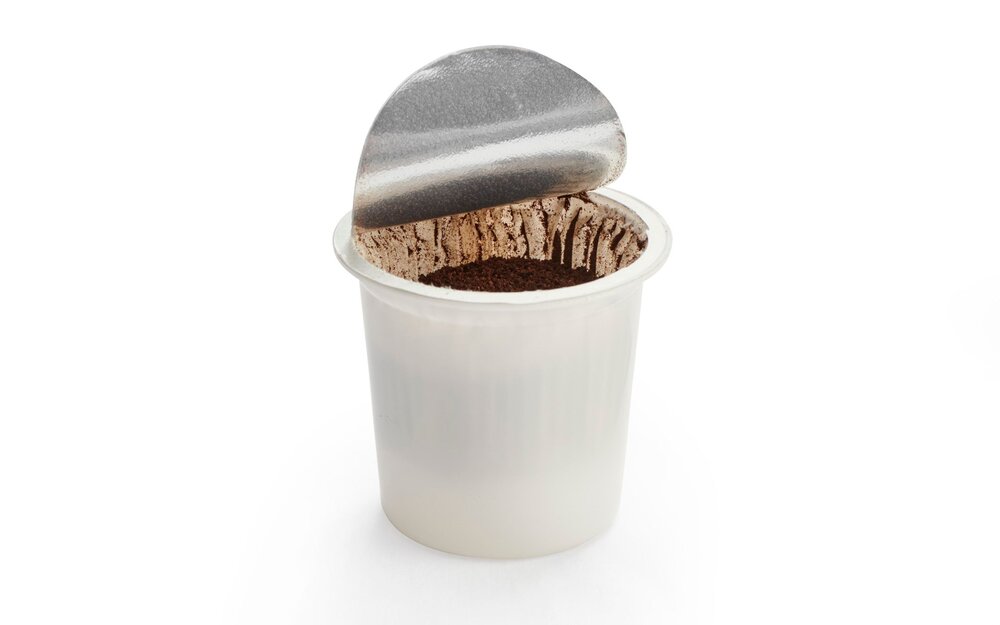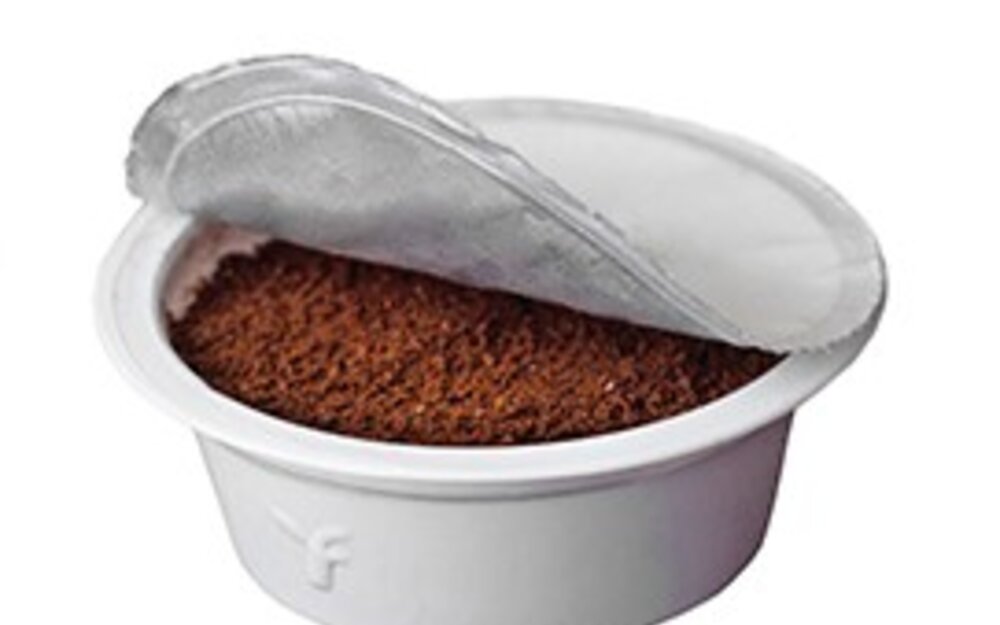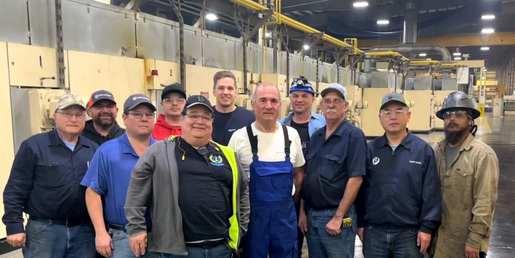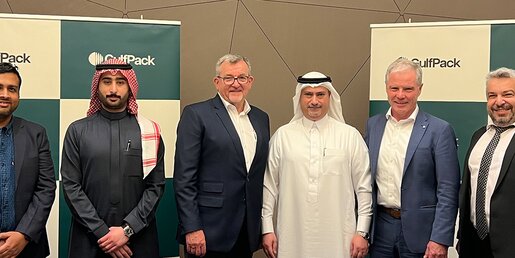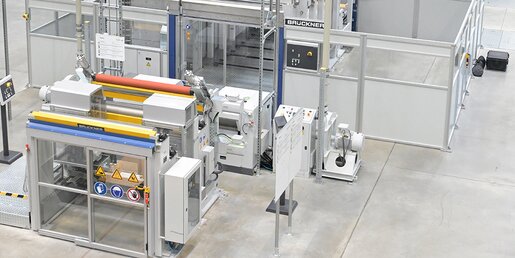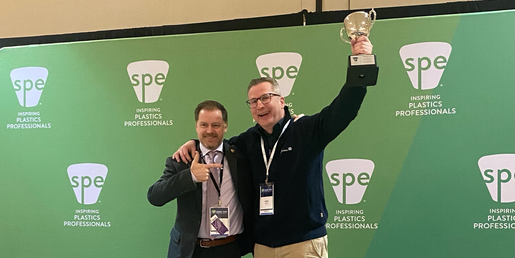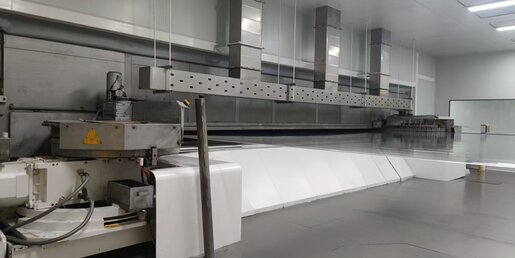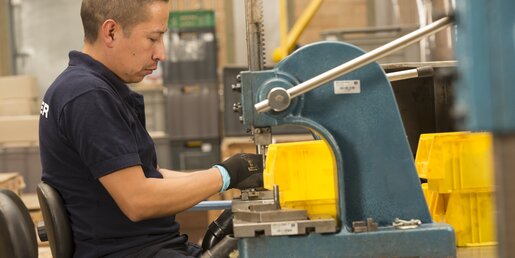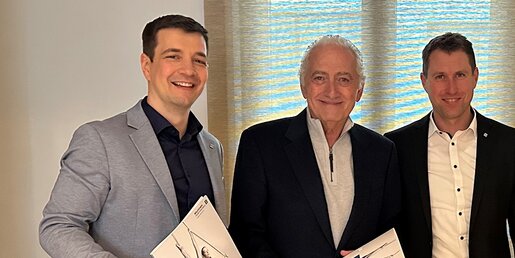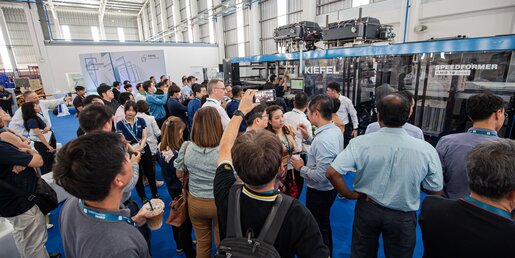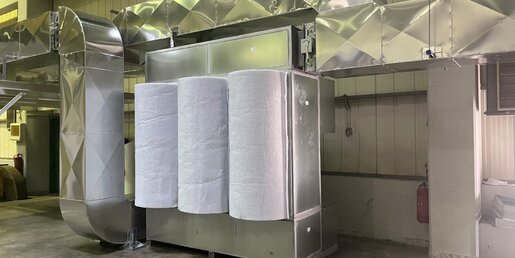New drive for biomaterials
12 Feb 2025
NatureWorks and Brückner further improve BOPLA
In today’s world, key sustainability factors such as the use of renewable resources are becoming more and more important. As a sustainable alternative to crude oil-based raw materials, biomaterials are increasingly used in the production of biaxially oriented packaging films, including compostable packaging applications. The most successful example to date is polylactic acid (PLA/BOPLA), commonly applied in:
- Salad bags, bread bags, etc.
- Packaging for condiments such as ketchup, mayonnaise, oil or vinegar
- Lidding for coffee capsules
- Lidding for small rigid containers, used in gastronomy, hotel business, restaurants and catering (HoReCa)
- Small format flexible portion packs for candy, creamers, jam, spreadable & soluble products
NatureWorks, a global leader in PLA production, has consistently advanced their Ingeo™ PLA and explored enhancements, including improved barrier properties, faster biodegradation, and increased processing speeds. These innovations reflect NatureWorks' dedication to providing cutting-edge solutions for its customers and highlight the versatility of Ingeo™ PLA. Beyond packaging, NatureWorks also offers opportunities for participation in technical and (semi) durable applications, supporting the broader industry’s efforts to reduce dependence on fossil-based resources.
The recent publication of the EU Packaging and Packaging Waste Regulation (PPWR) raises questions on the impact and future changes of BOPLA. Anticipating legislative trends, NatureWorks together with Brückner started a collaboration already some years ago, aimed to expand the field of application of BOPLA films, using NatureWorks’ new Ingeo™ PLA grades. Trials on Brückner’s laboratory stretching frame KARO® 5.0 were followed by various test series on the pilot line. The produced films then were metallized, coated in many different ways, laminated at NatureWorks’ industrial partners and the final packagings were filled at machine suppliers or brands.
Viviana Conti, Application Development Engineer at NatureWorks summarizes: “Our goal was to eliminate obstacles in biax film processing by improving BOPLA film production efficiency – and we have achieved this completely. Our thanks for this go to Brückner and all other renowned partners such as raw material and film producers, converters, and brand owners.”
Brückner’s Dr. Martin Wolf, Manager Laboratories, adds: “Brückner has vast experience with PLA going back to 1999. Numerous trials on the Brückner pilot line with mono- and bi-axially oriented PLA have shown excellent results. And the current series of trials together with NatureWorks have once again confirmed this. We thereby have proven that Brückner is still ready to partner to conquer the markets for bio-based and bio-degradable film.”
More information about why to produce home compostable bioplastic films and how to upgrade and convert an existing film stretching line: https://www.brueckner-servtec.com/en/Member-Area/TEC-Talks-media-library/14_Conversion-PLA-PHA
NatureWorks is an advanced materials company offering a broad portfolio of renewably sourced polymers and chemicals. With performance and economics that compete with oil-based materials, naturally advanced Ingeo™ biomaterials are valued for their unique functional properties and used in applications from coffee capsules and hygiene products to food packaging and 3D printing filament. Ingeo™ PLA is created using carbon stored in plants via photosynthesis and takes the form of dextrose sugar. These sugars are then converted into a biopolymer through the processes of fermentation and separation.
On January 22 this year, the EU Packaging and Packaging Waste Regulation (PPWR) was published in the EU Official Journal. The PPWR is designed to develop a sustainable circular economy for packaging across Europe, by preventing and reducing packaging waste, making all packaging recyclable in an economically viable way by 2030, increasing the use of recycled plastics in packaging and decreasing the use of virgin materials. It also has an impact on the future of compostable (biaxially oriented) PLA/BOPLA.

